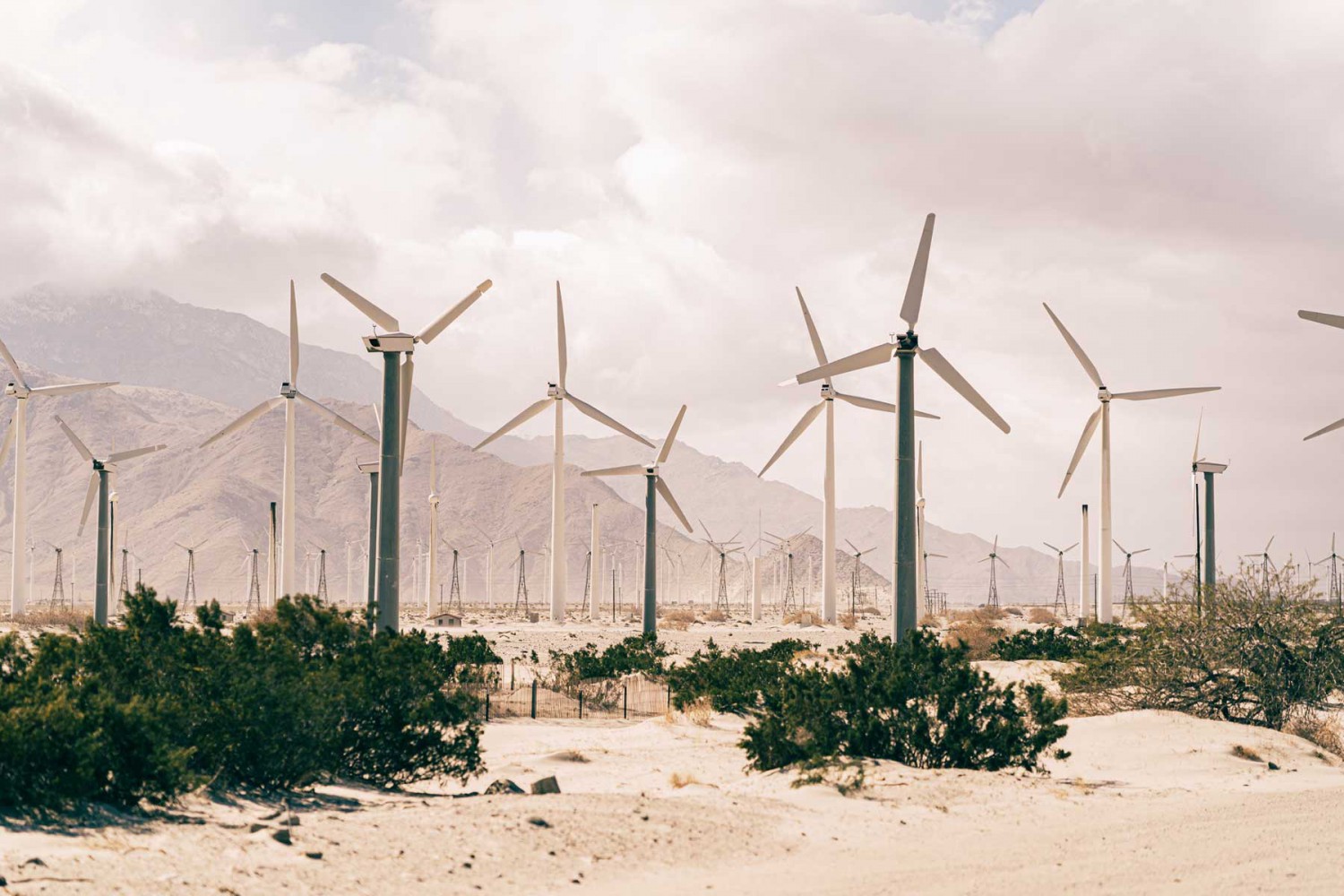Responsible investment has gone mainstream, and it's trending in the right direction in the commodity industry, as well.
ESG will influence how corporations and managers behave in the years to come, that’s for sure. Even now, if you want wealth investors to take a chance in your organisation, you have to meet the utmost Environmental, Social and Governance (ESG) standards. A few years from now, complying with ESG criteria will become the new mantra in many industries.
Corporate managers are aware of the fact that businesses can play a huge role in tackling some of the most urgent issues of our time, such as climate change. That is one of the reasons why ESG is already going mainstream in the investment community.
Therefore, organisations around the world have to embrace this ESG integration philosophy as soon as they can. So far, it represents only around 2% of the total investment fund universe. But this rate is bound to grow fast, as most of asset management firms view ESG analysis and integration as both returns enhancing and risk-mitigating.
ESG Is Trending in the Right Direction
Sustainable investments are part of a long-term approach that takes ESG factors into account in asset allocation decisions, either individually or as part of a fund. Bank accounts and investment funds are embedding Sustainable Development Goals (SDGs) of the United Nations, the blueprint to achieve a better future for younger generations.
Among the 70 senior executives surveyed by Harvard Business Review, almost everyone had ESG on top of his/her mind. And equity funds with an explicit sustainability mandate control nearly $600 bullion in assets, three times more than in 2010. The growth rate is continuous and strong.
The performance of the funds can also explain this positive trend. The International Monetary Fund (IMF) has recently discovered that sustainable investments can also be good for your portfolio. In the October 2019 Global Financial Stability Report, researchers found the performance of “sustainable” funds is comparable to that of conventional equity funds.
“We don’t find conclusive evidence that sustainable investors underperform or outperform regular investors for similar types of investments,” Evan Papageorgiou, an author of the research, and deputy division chief in the Monetary and Capital Markets Department of the IMF told CNBC.
This is an important aspect, for it shows that you don’t need to sacrifice returns when you investment in portfolios that prioritise ESG values. Lately, this kind of responsible investment wave is hitting the commodities sector, too. The organisations operating in this field are more and more exposed to environmental and social risks and opportunities, as Standard & Poor’s states in a recently published report.
ESG Is Not Leaving the Commodity Industry Unscathed
According to the study, metals and mining, followed by oil, coal and chemicals, are the commodity sub-sectors which are more at risk of being disrupted. In response to climate change being top of the agenda after the UN Climate Action Summit in New York in September, groups that are actively contributing to greenhouse gas emissions have been spending heavily to fund plans to move towards a sustainable future.
Tom Holl, one of the money manager of the Blackrock ESG-focused commodity trust – which is called “Energy & Resources Income Trust” – is confident about a bright future of the oil and mining sector. Those firms – he argues – still have a central role to play in the global economy, “whether the public likes them or not”. “Investors realise that hydrocarbons form an important part of the energy mix today and in our future”, he says.
While you might think a mining company would struggle to tick the “S” – the social – box of ESG, Holl points to initiatives in these developing countries, such as schooling, healthcare and housing as examples of where mining companies fulfil the criteria. Many organisations in the sector have already started to act. The feeling is that ESG is one of the most significant opportunities for the commodity industry.
Last October, during a Seminar at the LME Week in London titled “Responsible business: how are ESG issues impacting the metals industry?” various portfolio managers and leaders of the mining and metals industries have addressed this red-hot issue. Among the panellists were Gillis Björk Danielsen, Senior Portfolio Manager, Commodities at APG Asset Management; James Nicholson, Head of Corporate Responsibility, at Trafigura; Jörgen Sandström, Head of Mining and Metals Industry, at the World Economic Forum. Neil Hume, Natural Resources Editor, Financial Times, acted as moderator.
One of the main arguments raised during the debate was that metals industry needs to do more to tackle ESG issues. The growing concern about the long-term health of our planet is laying the foundations for a green revolution. The evolving situation requires a change in the strategic decisions that corporate managers have to make if they want to keep thriving. And as strategic business partner, Ampersand World is here to help transform















